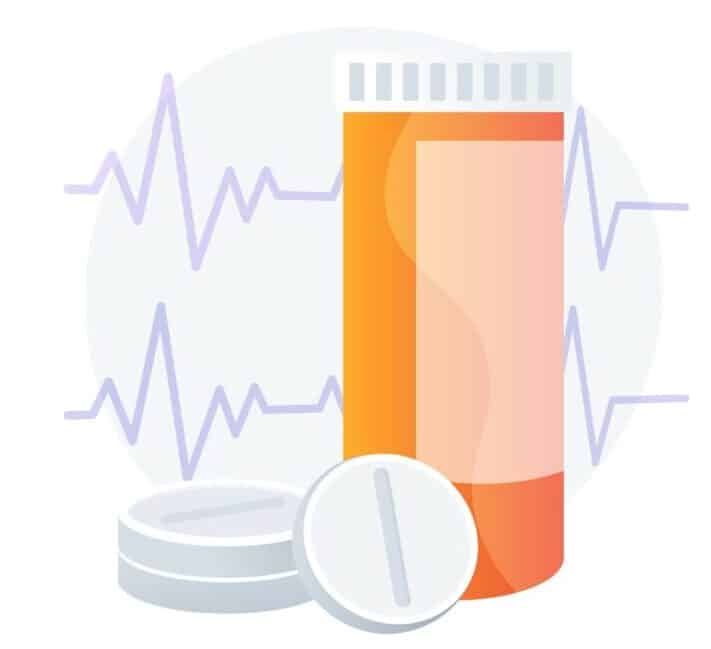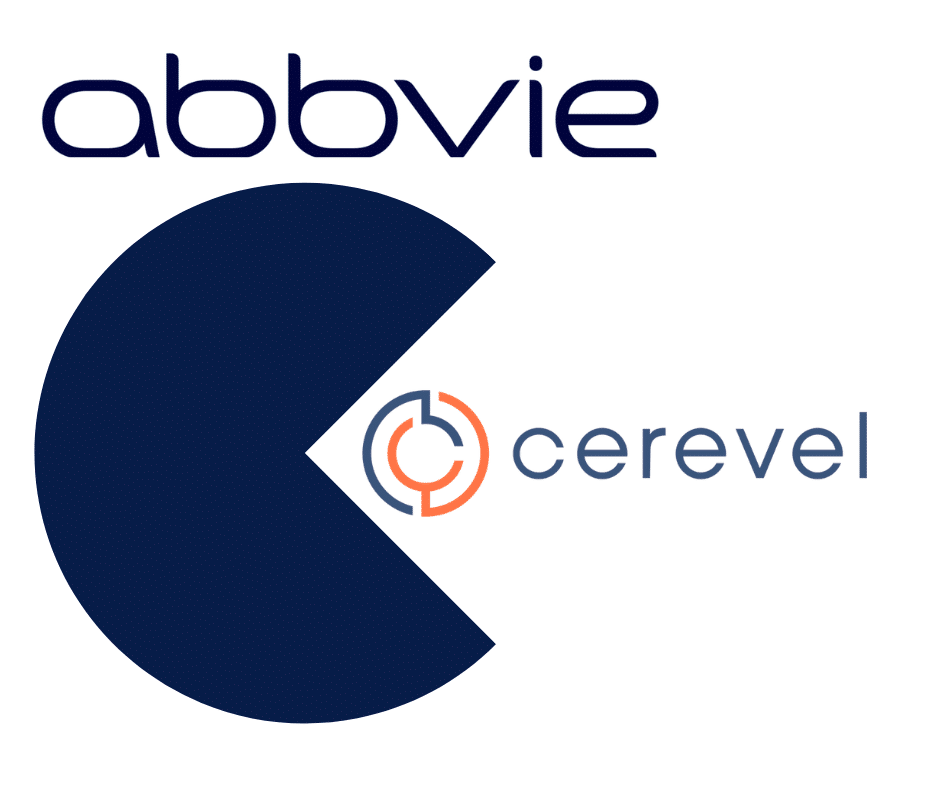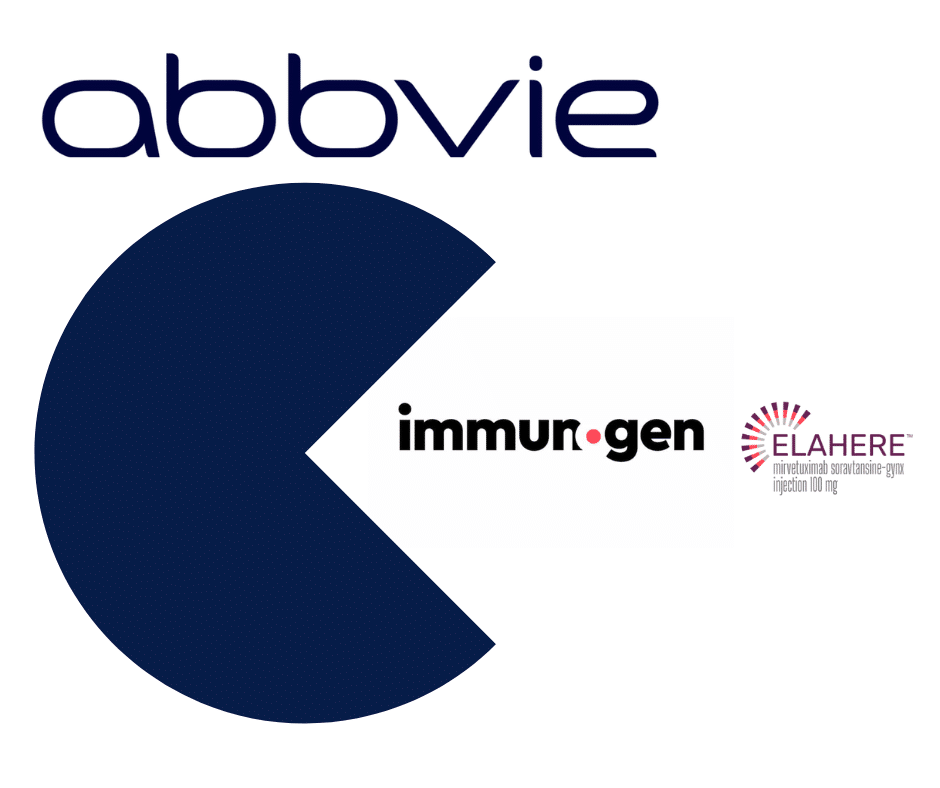The Pfizer COVID pill is the latest feat of strength from the New York-based pharmaceutical firm.
To pair with its robust vaccine, Pfizer recently announced the development of an experimental antiviral drug that, for all intents and purposes, will break the pandemic. Unfortunately, in a pandemic, a vaccine on its own has never been enough. Limited access and vaccine hesitancy ensure that the coronavirus will continue to circulate in perpetuity. Treatments, specifically Pfizer’s, present the most realistic end to the pandemic.
Pfizer’s COVID-19 treatment will practically end the pandemic because of its ease of use, access, and expanded treatment window.
Pfizer COVID Pill Ease of Use
It’s no secret many of us prefer pills over needles (I myself prefer chewables). However, Pfizer’s treatment has an additional advantage besides being a pill–a healthcare provider does not have to be present to administer the treatment. Pfizer’s pill represents a true innovation because the current treatment options require infusions.
Regeneron and Eli Lillys’ monoclonal antibody treatments require an hour-long intravenous infusion. Additionally, healthcare providers must observe the patients during the treatment to guard against any poor reactions. While Regeneron’s trials demonstrated that its monoclonal antibody treatment may reduce COVID-19 hospitalization and death by 70%, healthcare providers have been reluctant to use it.
In Michigan, healthcare providers only started to turn to the treatment as a result of soaring caseloads. As it currently stands, monoclonal antibody treatments, despite being effective, are cumbersome for healthcare providers.
Pfizer’s pill solves the ease-of-use problems of monoclonal antibodies. Patients can take Pfizer’s pill in the doctor’s office or in the comfort of their own home, freeing up beds in hospitals, time for healthcare providers, and space in infusion centers.
Expanded Access
In addition to Pfizer’s pill being an easier treatment to administer, the pill will be available in pharmacies, which expands access. Approximately 9-out-of-10 Americans live within five miles of a community pharmacy. By being able to purchase the pill at a local pharmacy, Americans can take proactive action against the virus without having to go to a hospital or a doctor’s office, which will decrease hospitalizations.
Expanded treatment window
Another key differentiator between Pfizer’s pill and monoclonal antibodies is the treatment window. For monoclonal antibodies, patients get the most benefit when they receive the treatment within 10 days of being exposed to COVID-19. Considering the fact that COVID-19 symptoms take an average of 5 days to surface, most patients render themselves ineligible for the treatment by the time they see a provider. Ineligibility has resulted in such a low usage rate of these treatments. In early January, the average utilization of antibody therapies was 25%.
In contrast, Pfizer’s pill can be administered for patients who exhibit the first signs of illness and patients who are hospitalized or in critical care. Without a time restriction, anyone who has COVID-19 or believes they were exposed can take proactive action, even when it is too late for monoclonal antibodies.
The Market for Vaccines
In addition to being a “game changer” for patients, Pfizer’s pill will dramatically alter the vaccine market. While vaccine compliance has been at a record high, with 153.4 million Americans, representing 57.4% of the eligible population, having received at least one dose, it will not remain this way in perpetuity.
Just over half of persons six months and older were vaccinated for the flu in the 2019-2020 flu season. Despite the flu vaccine being effective, a little under half of Americans opted not to receive it, with the knowledge that there are antivirals on the market.
Likewise, the COVID-19 vaccine will not always be free. In the U.S, 31 million Americans lack health insurance. The uninsured may decide to purchase the Pfizer pill instead of enrolling in health insurance to receive a vaccine.
Overall, Pfizer’s pill may, ironically, decrease COVID-19 vaccination rates because the pill is effective against the main virus and the variants.
In the U.S, it is very unlikely officials will get a pandemic level of compliance with any new vaccine. For the vaccine market, COVID-19 vaccines might migrate to more niche markets, such as older folks and people with significant comorbidities.
Also late market entrants like Novavax and other firms, will have their business impacted severely.
Conclusion
Like Pfizer’s CEO Albert Bourla said, Pfizer’s pill represents a “game-changer” for the pandemic. If the treatment proves to be effective, patients will be able to treat themselves before having to go to the hospital.
Economically, the Pfizer COVID pill will have wide-reaching effects on the vaccine and treatment market for COVID-19. While Pfizer’s pill is still in trials, its launch will create hurdles for competitors. Competitors should focus on their product differentiators and whether their product needs a repositioning.
Please reach out to Snowfish to learn more about how we have helped over 40 companies launch and reposition their life science products.
- Market Access: The Latest Hurdle for Treating Alzheimer’s and Dementia - June 14, 2023
- Rare Disease Outreach a Missed Opportunity - November 7, 2022
- So You Read Our Previous Post on Biomarkers? - August 1, 2022




